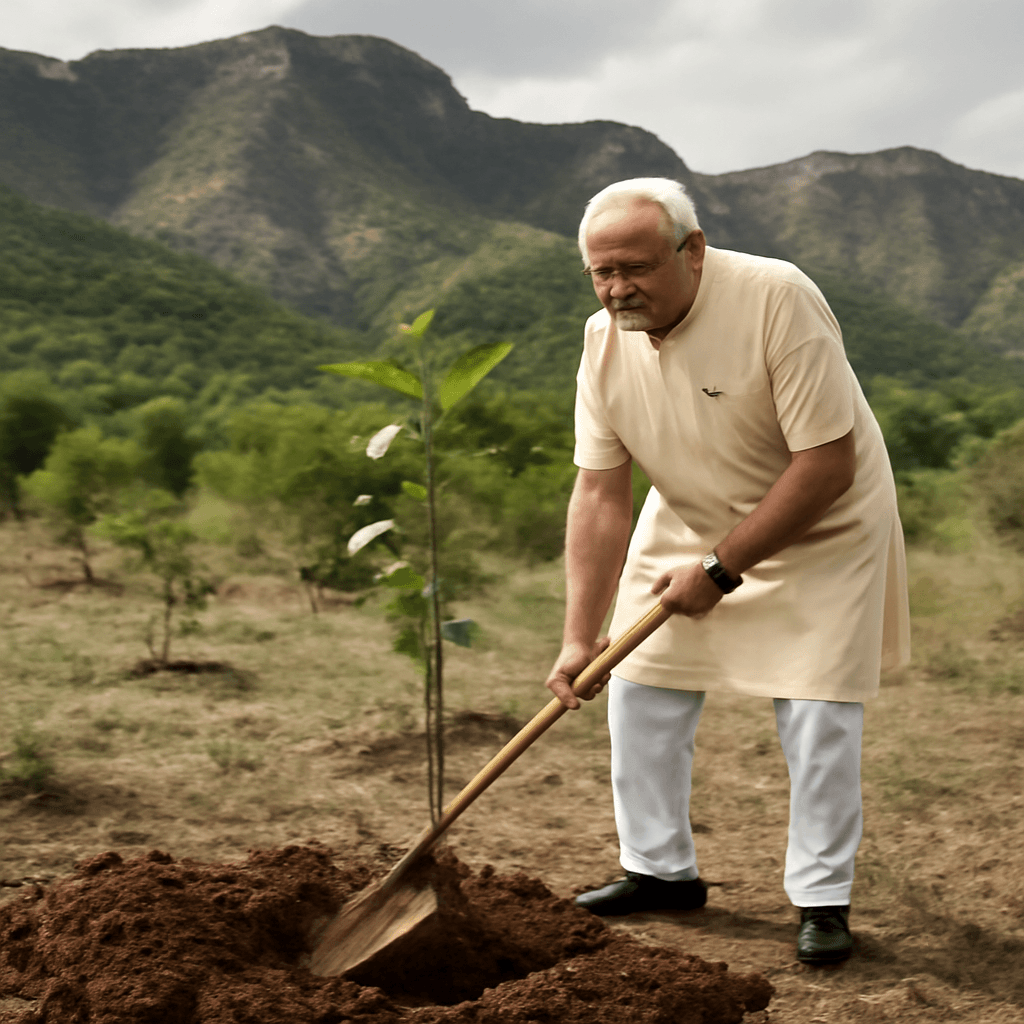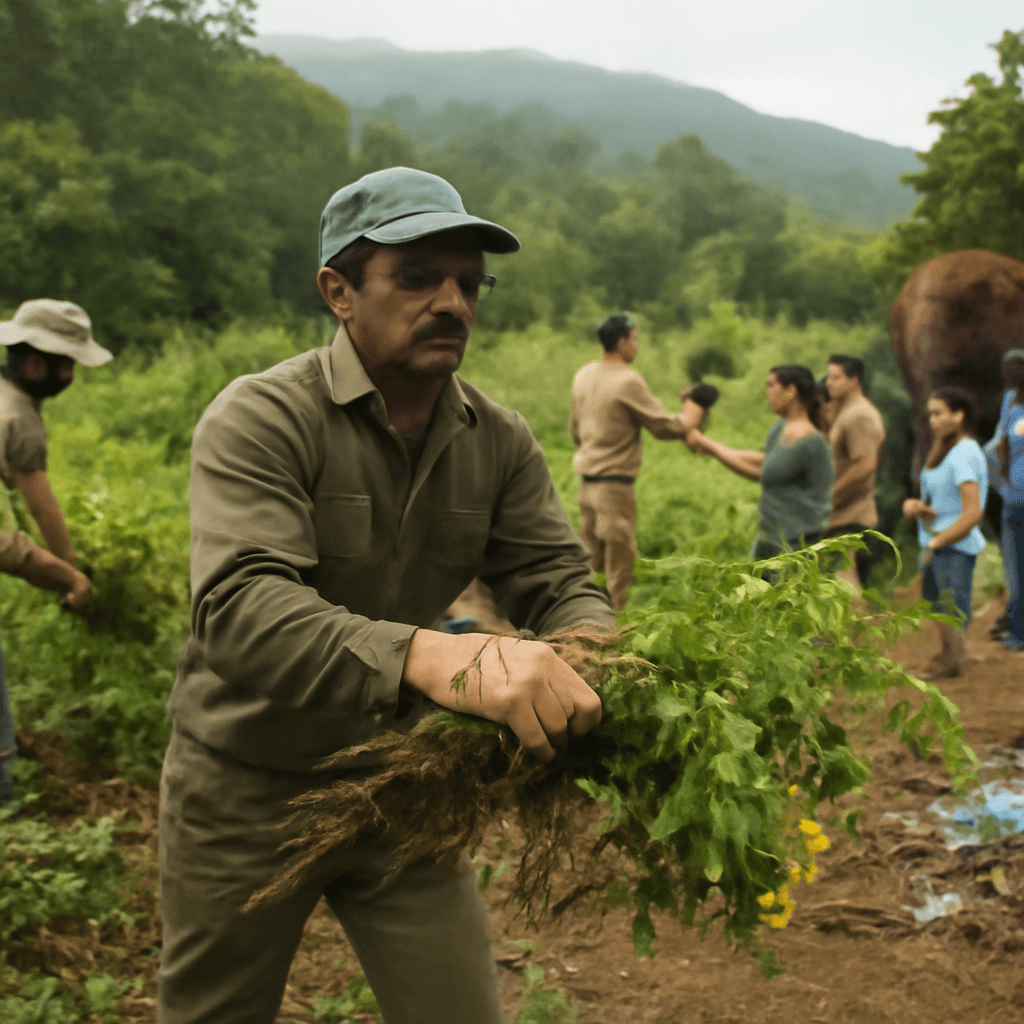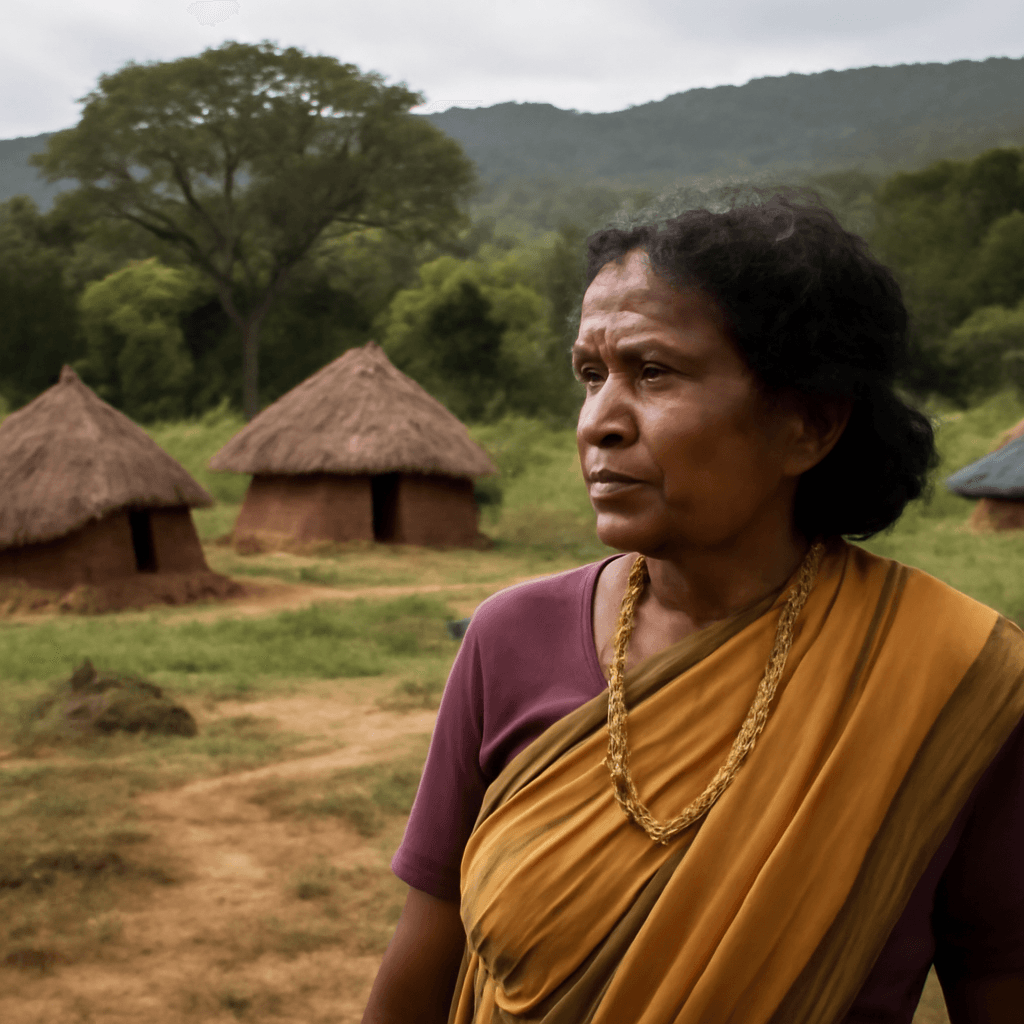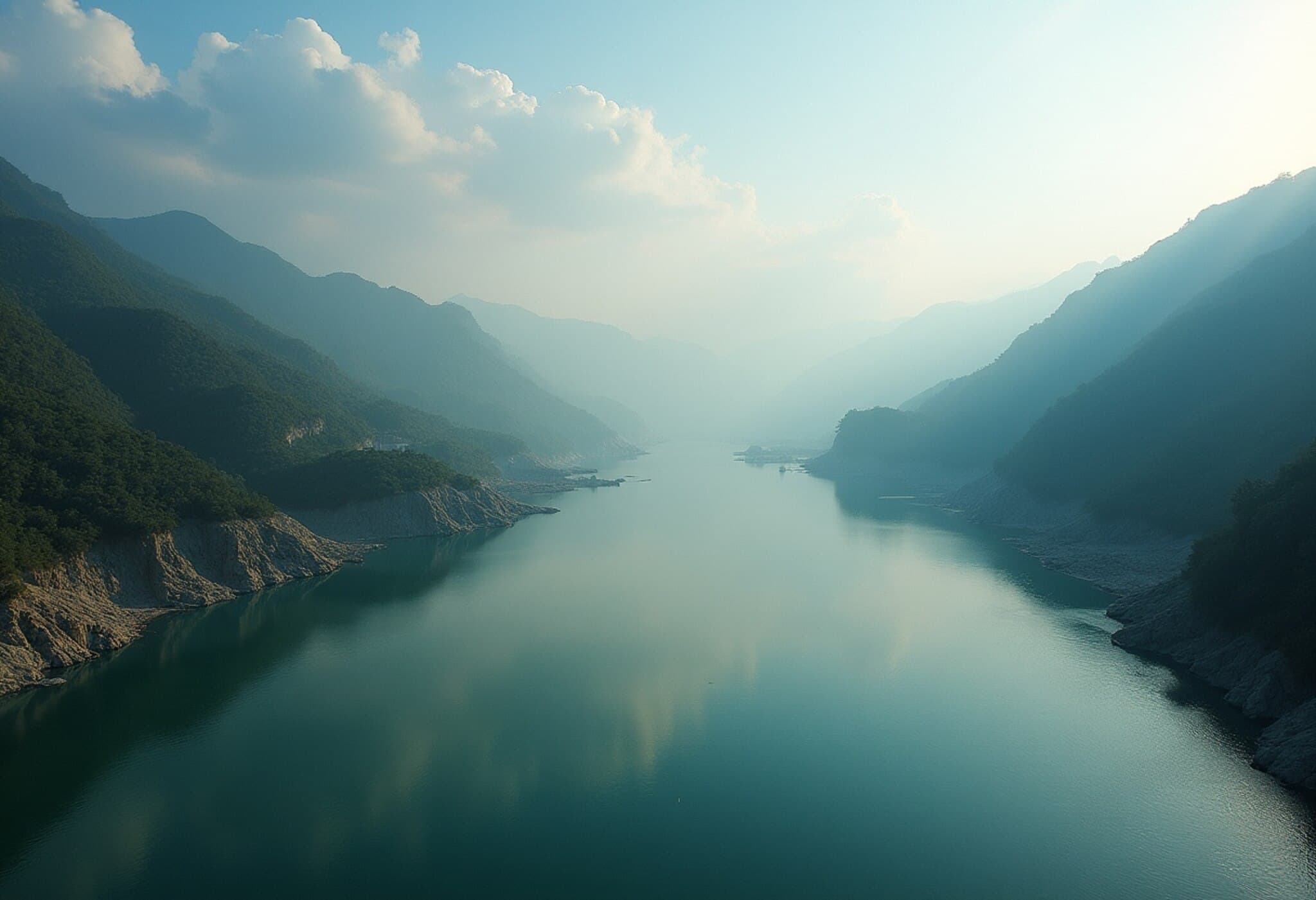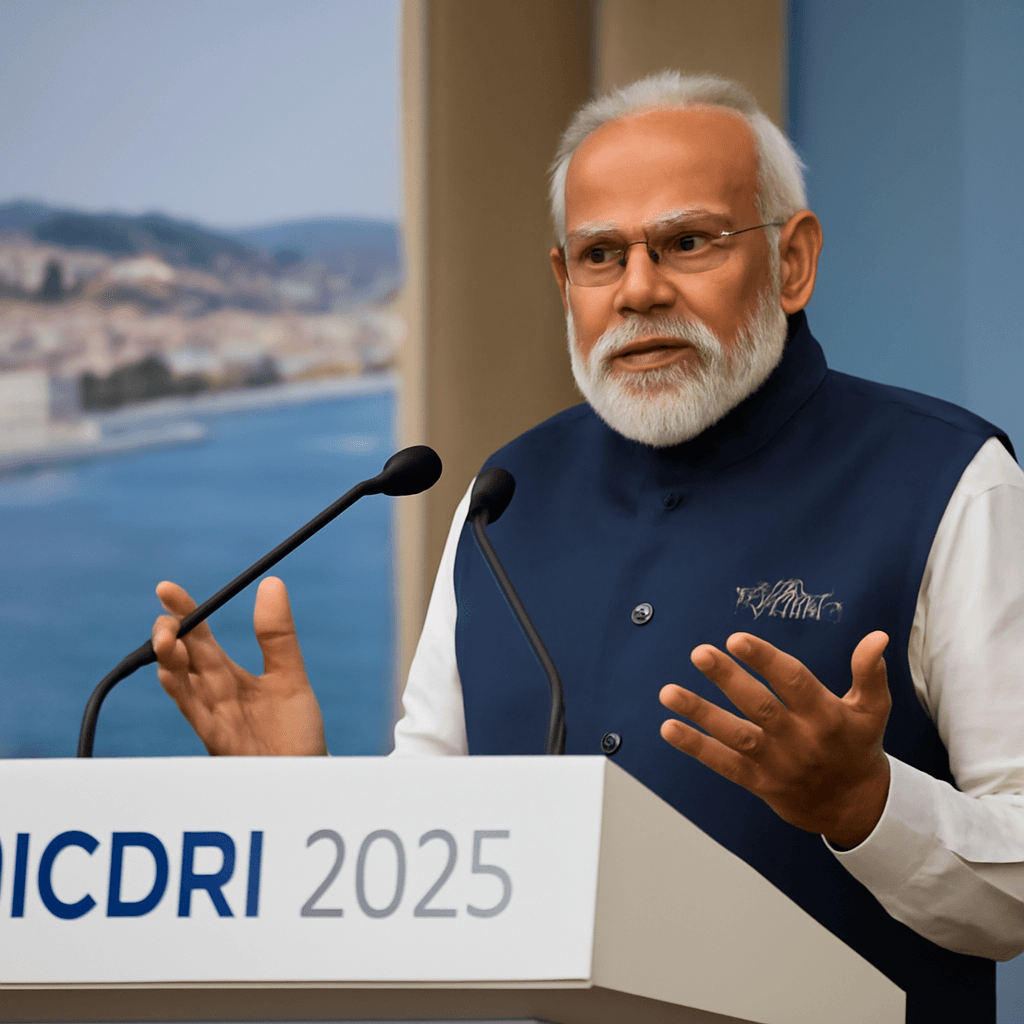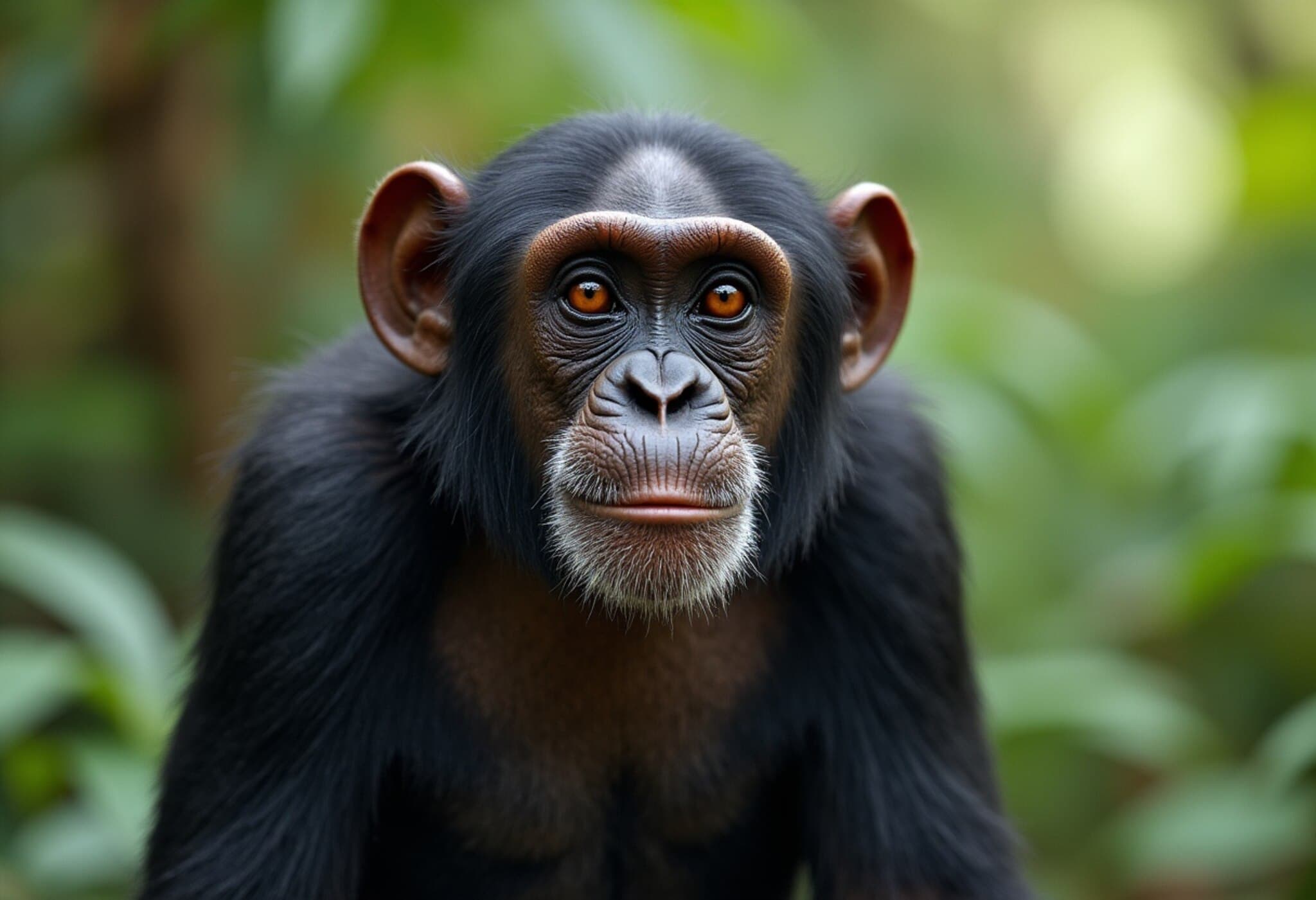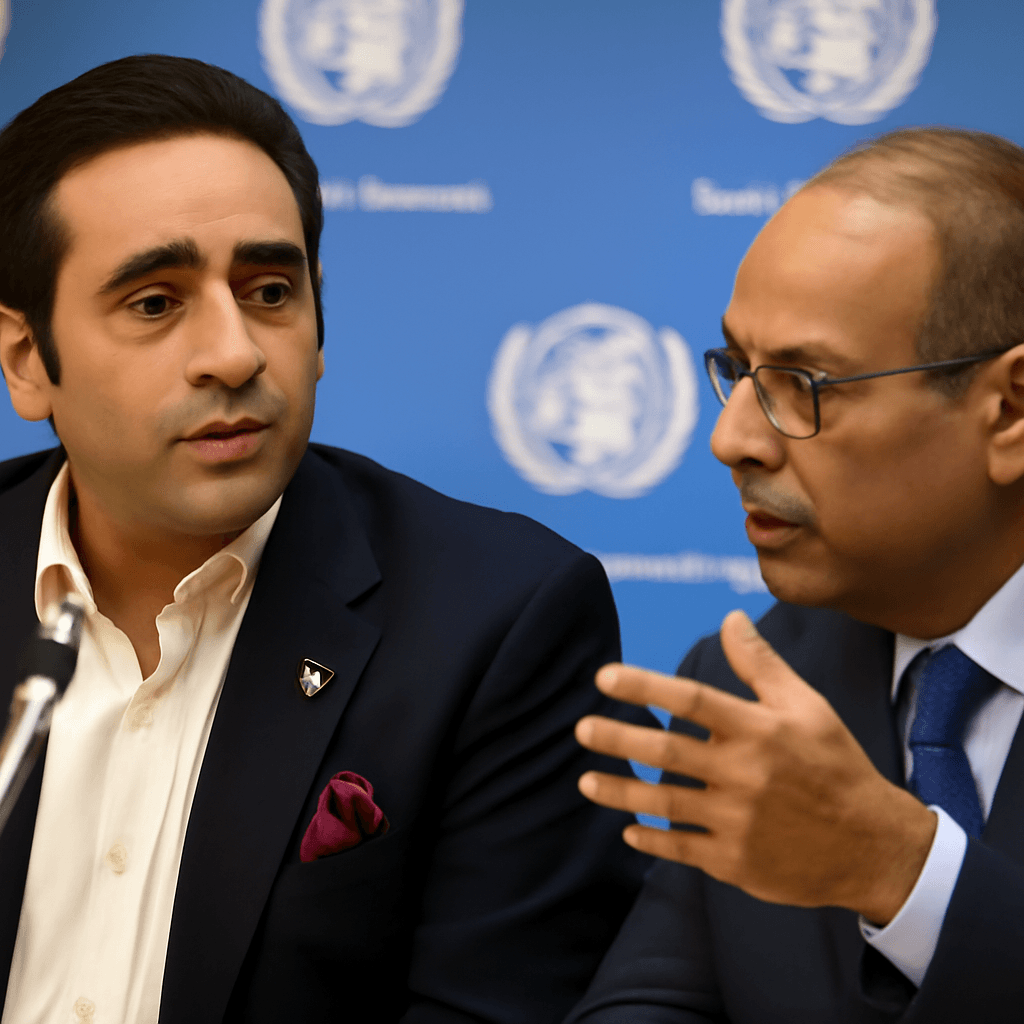Government Initiates New Phase of Aravalli Green Wall Project
On June 5, 2025, the government will relaunch the Aravalli Green Wall Project, a significant environmental initiative aimed at revitalizing one of India's oldest mountain ranges. The launch will be led by Prime Minister Narendra Modi from South Delhi, with participation from Chief Ministers of Gujarat, Rajasthan, Haryana, and Delhi—states encompassing the Aravalli range.
Scope and Objectives of the Project
The project covers a total of 29 districts across the four states, aiming to create a continuous green corridor stretching 700 kilometres from Delhi to Gujarat. The green wall is designed to serve as a natural defense against desertification and to enhance groundwater recharge within the critical Indo-Gangetic plains.
The core objectives include:
- Restoring degraded forest lands.
- Promoting soil and moisture conservation to improve water retention.
- Increasing plantation of indigenous species to preserve biodiversity.
- Establishing 1,000 permanent nurseries to support ongoing afforestation efforts.
Advanced Monitoring and Funding Mechanisms
Innovative tools such as satellite mapping and remote sensing will be utilized to monitor progress, ensuring transparency and maximizing efficiency. The project’s funding will be supported through existing government schemes, including MNREGA, CAMPA, and the Green India Mission.
Community Engagement and Expansion
The previous phase, launched in March 2023, focused on a narrow 5-kilometre buffer around the Aravalli range. The renewed effort broadens this scope while emphasizing greater collaboration with local governments, NGOs, and panchayats to drive eco-restoration. Divisional forest officers will facilitate engagement at the grassroots level.
Environmental and Cultural Significance of Aravalli Range
The Aravalli range is ecologically rich and historically significant:
- Home to 22 wildlife sanctuaries and four tiger reserves including Ranthambore, Sariska, Ramgarh-Vishdhari, and Mukunda Hills.
- Hosts the renowned Keoladeo National Park, a bird sanctuary.
- Approximately 50 centuries-old forts with cultural and architectural importance.
- Encompasses about 1.25 lakh hectares with 42,000 hectares classified as reserve forests.
- Topographical variance includes rolling ridges, steep hillocks, and peaks like Guru Shikhar (1,732 meters).
- Birthplace of rivers such as Chambal and Luni, supporting diverse flora and fauna.
Future Enhancements and Ecotourism Development
Further efforts will include:
- Developing biodiversity hotspots for safaris, trekking, and nature parks.
- Removing invasive species and advocating replantation with native flora and bamboo.
- Engaging eco-clubs and task forces to expand plantations and raise environmental awareness.
- Linking water bodies like Amrit Sarovars into the restoration program.
- Strengthening research and monitoring through partnerships with institutions specializing in taxonomy.
- Organizing annual workshops to disseminate findings and strategies.
‘Ek Ped Maa Ke Naam’ Campaign Relaunch
Alongside the project, the Prime Minister will relaunch the ‘Ek Ped Maa Ke Naam’ campaign, which encourages citizens to plant trees as a tribute to their mothers and as a commitment to environmental protection. This initiative follows the previous success of planting 80 crore saplings and aims to combat land degradation while restoring degraded lands nationwide.

